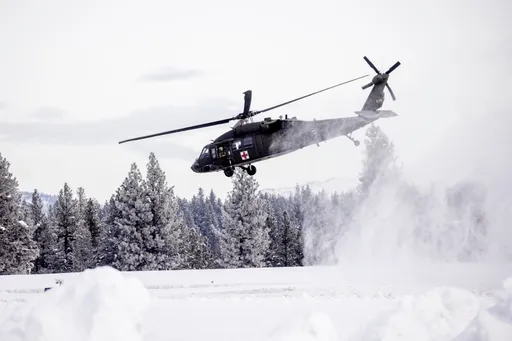[NOTE: Due to copyrights, the full film has been removed on March 15.]
Director's Statement
By Gwenlaouen Le Gouil
The Indian Act, or “Acte des Sauvages”, adopted in 1876 and which remains in effect, conferred sweeping powers over First Nations people by the federal government of the time, so that it could voluntarily reject their civilisation and culture in the name of a policy of forced assimilation. The spearhead of this policy was a brutal child education programme. For over a century, tens of thousands of young Indigenous children were forcibly taken from their parents and placed in boarding schools run by religious communities, where they were prey to violence and humiliation.
They had to "kill off the Indian in them".
That's why they didn't have the right to speak their languages and why they had to wash in bleach, to whiten their skin. With this education, these children were doomed to a life of shame. But for the past ten years, the First Nations have been making a stand. They are asserting their rights and asking for this injustice to be recognised. This film follows the cultural, political, and legal battle of these new avengers of the Indigenous cause. It's a road-movie along the frozen routes of Ontario, Saskatchewan and the Northwest Territories. It's a journey of initiation that takes us from the boreal forests of Canada's north to the secret archives of the Vatican.
“I was strongly recommended, as head of this department, to save the most Indian children possible from parental influence, and the only way to do it was to send them to schools, in which they could acquire the customs and mentality of white men.”
Speech by John A. Macdonald, in 1883, one of the "Fathers of the Confederation".
“The boarding schools marked my soul. I feel a great deal of anger and shame too. What we endured is not normal. You don't get over that. I'll die with it. But you know, this assimilation plan, on the contrary, it reinforced my Indigenous identity.”
Testimony by Madeleine Basile, of the Atikamekw community in Wemotaci, in front of the Truth and Reconciliation Commission in 2016.
In 2015, after seven years of work, visits to 300 communities, and 7,000 auditions, the commission published its report. It was 382 pages long and concluded that a "cultural genocide" had been knowingly carried out by the authorities. To facilitate reconciliation, ninety-four recommendations were set out, including that of compensation for the victims. There was a proliferation of commemorations and public apologies, in particular from Prime Minister Justin Trudeau. And the lessons learned from this episode were finally included in school programmes. Today, Canadian society is becoming aware of the damage done.
The aim of my film is to go back to the roots of this dark recent history. We shall tread in the footsteps of this new generation of peaceful fighters who struggle to put an end to the vicious circle of trauma, to heal the wounded soul of a whole people, and finally obtain justice for the victims.
We shall investigate by their side. We shall be with them on the highway of tears.
Storyteller airs every Sunday at 1800 GMT. Live stream: https://bit.ly/2LDmffl























